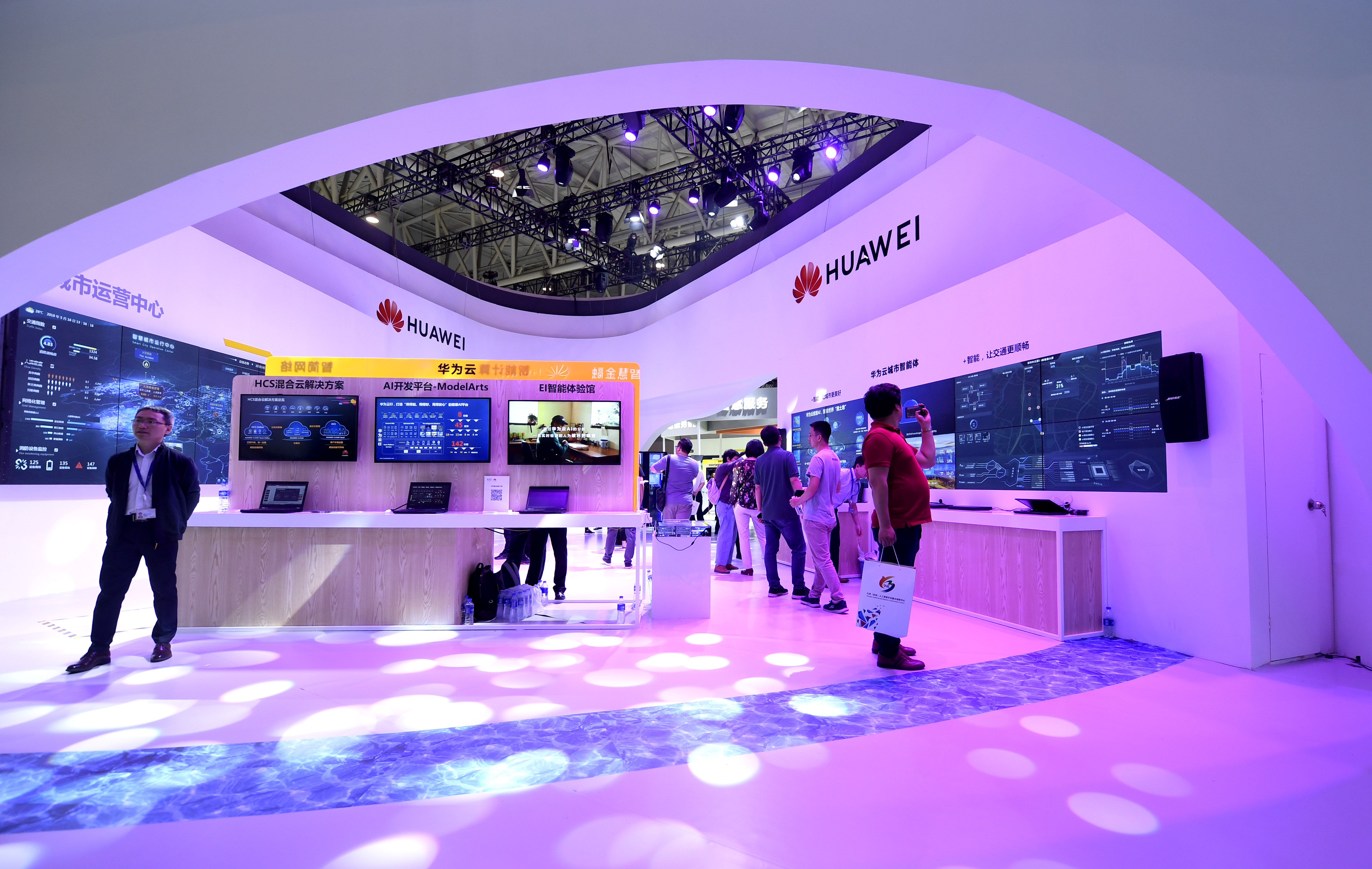China's smart cities to take shape with latest tech
 0 Comment(s)
0 Comment(s) Print
Print E-mail Xinhua, May 24, 2019
E-mail Xinhua, May 24, 2019

A giant screen displaying a city's real-time traffic, the flow of people and weather information at Huawei's Smart City Intelligent Operation Center (IOC) caught many eyes in the recently concluded World Intelligence Congress (WIC).
The 5G-based IOC Solution would serve as a "brain" to select and analyze big data, provide solutions for decision-makers, and offer technical support for emergency command, said Yuan Bin, a marketing expert with Huawei.
It is just one case among many at the WIC that showcase a smarter way to manage a city. Urban traffic, healthcare, and access to city services are all expected to become easier with the latest tech, such as artificial intelligence and 5G.
China has 167 cities with over 1 million people and more than 500 cities have proposed to build smart cities in 2018.
In Xiong'an New Area, which is still under construction some 100 km southwest of downtown Beijing, the citizen service center is geared up with technologies such as online applications, cloud computing and big data.
In north China's Tianjin, where the WIC was held, a phone app that covers essential city services is being developed for the city's citizens.
Analysts say the push to make cities smarter is in line with the country's advocacy of high-quality development.
China is experiencing a large-scale and fast urbanization process, which requires more modern, data-based and intelligent social governance, according to Peng Sen, president of the China Society of Economic Reform.
"The digital model should be established on the first day of urban construction, to decide how the infrastructure will be built in line with the changes of city development," said Liu Song, vice president of Alibaba.
Emerging technologies are fueling the trend.
Yu Shaohua, an academician of the Chinese Academy of Engineering, said 5G could allow accessing the network at any time in any place by anyone, truly achieving the Internet of everything and integration of various industries to construct a smart city.
One application is autonomous driving. In February, China's telecommunication and expressway operators agreed to launch the country's first 5G-based smart highway project in central Hubei Province.
The highway, combined with autonomous driving vehicles, would make it possible to gather real-time traffic information and make relevant predictions.
Smart stores, which offer customized AI-powered recommendations to customers, are also being built in cities like Beijing, Shanghai, Chongqing, and Jinan.
Chinese technology companies such as JD.com, Suning.com, and Alibaba have all been expanding their offline stores in recent years, rolling out more customized services with data gathered on consumers' preferences.
Experts say the integration of traditional businesses and tech may further stimulate consumption.
"The smart business will re-construct China's consumption model, such as the integration of online and offline business and unmanned stores. Such models are expected to generate more new consumption scenes in the future," said Shi Guangshun, an associate professor of the College of Artificial Intelligence in Nankai University.
Shen Jin, global vice president of Qualcomm, said at WIC that the future of smart interconnection depicts a picture with people connected to a huge number of equipment terminals and other objects.
Society can be more efficient, humanistic, innovative and safer, he said.






Go to Forum >>0 Comment(s)